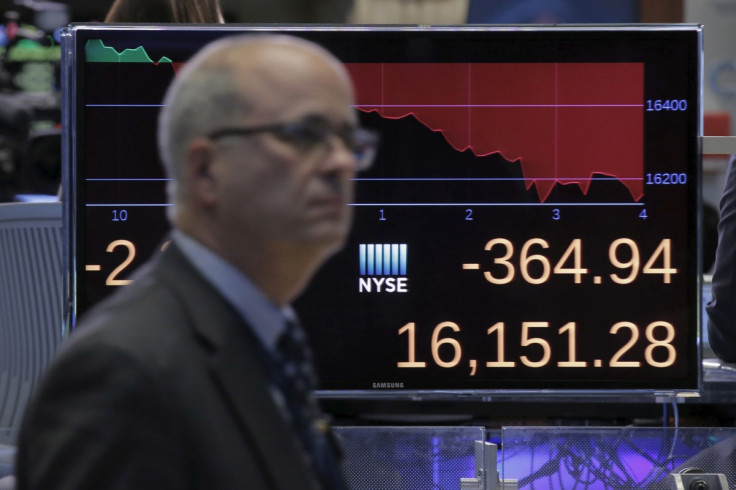US market open: Wall Street gains ground after Opec deal

US equity markets rallied early on Tuesday (16 February), with investors buoyed by news some of the main oil producers had reached a deal not to increase production in a bid to stem the ongoing crude prices crisis.
Shortly after the opening bell, the Dow Jones Industrial Average was up 0.83% to 16,105.84, while the S&P 500 and the Nasdaq were respectively 1.07% and 1.60% higher respectively, as Wall Street reopened after observing the Presidents' Day holiday on 15 February.
Saudi Arabia's Oil Minister Ali Al-Naimi said his country and Russia, the world's two largest crude producers, have agreed to freeze output after holding talks with several members of the Organisation of the Petroleum Exporting Countries (OPEC) in Qatar.
However, while crude prices rallied ahead of the meeting, following the announcement both Brent and West Texas Intermediate relinquished most or all of their gains, with the former trading 0.48% up to $33.55 (£23.42, €30.02) a barrel, while the latter was 0.20% down to $29.66.
"The oil markets have given a lukewarm response to the tentative deal between Saudi Arabia and Russia to hold their output at its January levels," said Julian Jessop, head of commodities research at Capital Economics.
"We are wary too, as it was unlikely that either country would have increased production further anyway. For the deal to have any teeth, Saudi Arabia in particular needs to be willing to cut output, not least to offset the increased supply still to come from Iran."
Oil stocks struggled for direction after news of the deal, with Chevron edging lower, while Exxon and Marathon Oil both logged steady gains. Morgan Stanley and Goldman Sachs were both firmly in the black after analysts at JP Morgan lifted their rating on both stocks to 'overweight', while home security group ADT jumped over 50% after accepting a $6.93bn takeover bid from private-equity firm Apollo Global Management.
Elsewhere, most Asian stock markets, including China's Shanghai Composite Index, closed firmly in positive territory, while their European counterparts wavered, with London's FTSE 100 and France's CAC 40 gaining 0.61% and 0.11% respectively but Germany's Dax was down 0.64% by mid-afternoon.
On the macroeconomic front, the Empire State manufacturing index showed that business conditions in the New York region remained deep into negative territory in February, marking the seventh consecutive monthly decline.
"Manufacturing is struggling both regionally and nationally, but the sector as a whole is not in recession and should stabilise over the next few months," said Ian Shepherdson, chief economist at Pantheon Macroeconomics.
© Copyright IBTimes 2025. All rights reserved.



















